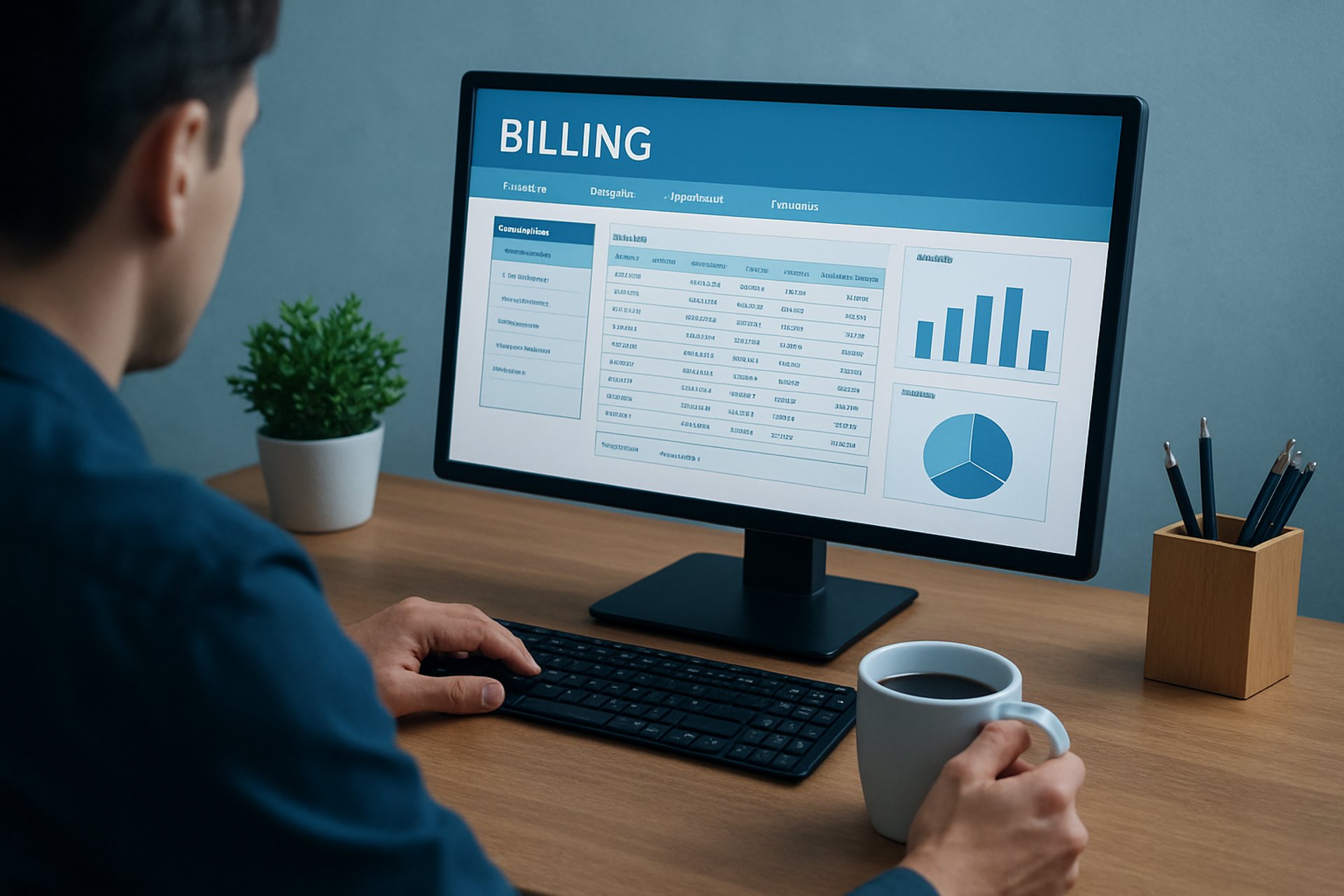CO21 denial code description and corrective action
This injury/illness is liability of no-fault carrier.
Description
This denial mostly occurs when a claim is billed to a commercial payer, but the injury or illness is actually related to np-fault carrier.
Sometimes, even if the illness is not related to no-fault carrier, using an incorrect diagnosis that indicates a no-fault carrier related injury and can also lead to this denial.
Actions
First, we need to verify the status of the claim. This can be done by checking the claim status through the insurance web portal or by calling the payer.
The first and most important step is to determine whether the claim denial is valid or if the insurance has denied the claim by mistake.
Call the insurance company and ask the representative to provide information of no-fault carrier, if available. If the representative has the no-fault carrier details, then obtain all the necessary information. If not, then check history and documents or contact patient for no-fault carrier details.
Enter the no-fault carrier information as the primary insurance and bill the claim to no-fault carrier.
Do not keep the commercial payer as secondary, except in the case of Medicare. If no-fault carrier leaves any amount as the patient’s responsibility, bill it to Medicare by updating the MSP code.
If the patient documents show that the illness is not related to no-fault carrier, consult the coding team to review the coding. There may be a chance that an incorrect diagnosis code was used, which indicated the illness related to no-fault carrier and resulted in the denial. If that is the case, submit a corrected claim, and for Medicare, submit a new claim.

Connect
Support
© 2025. All rights reserved.
